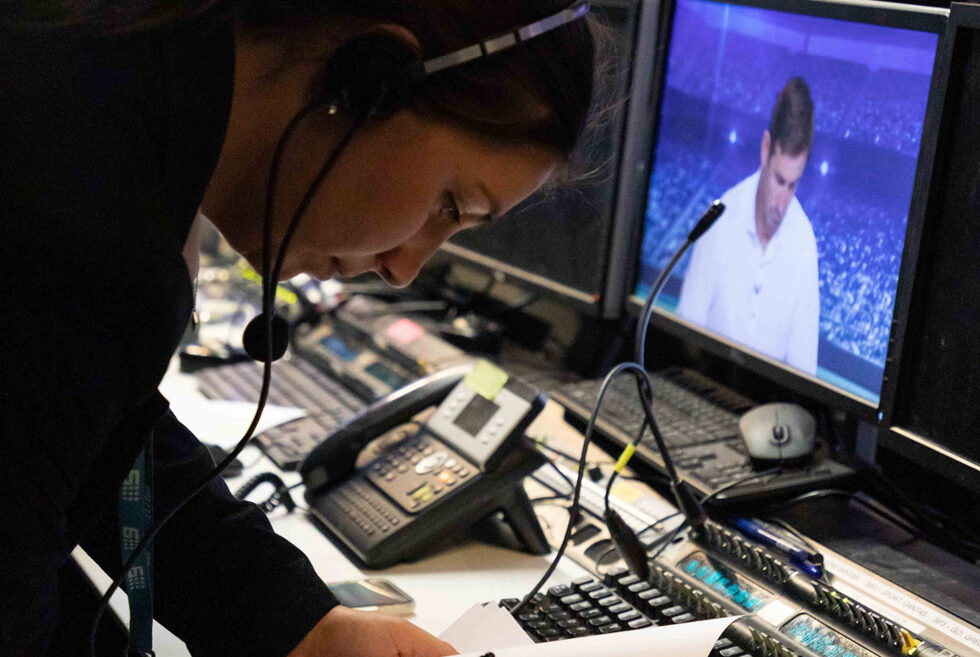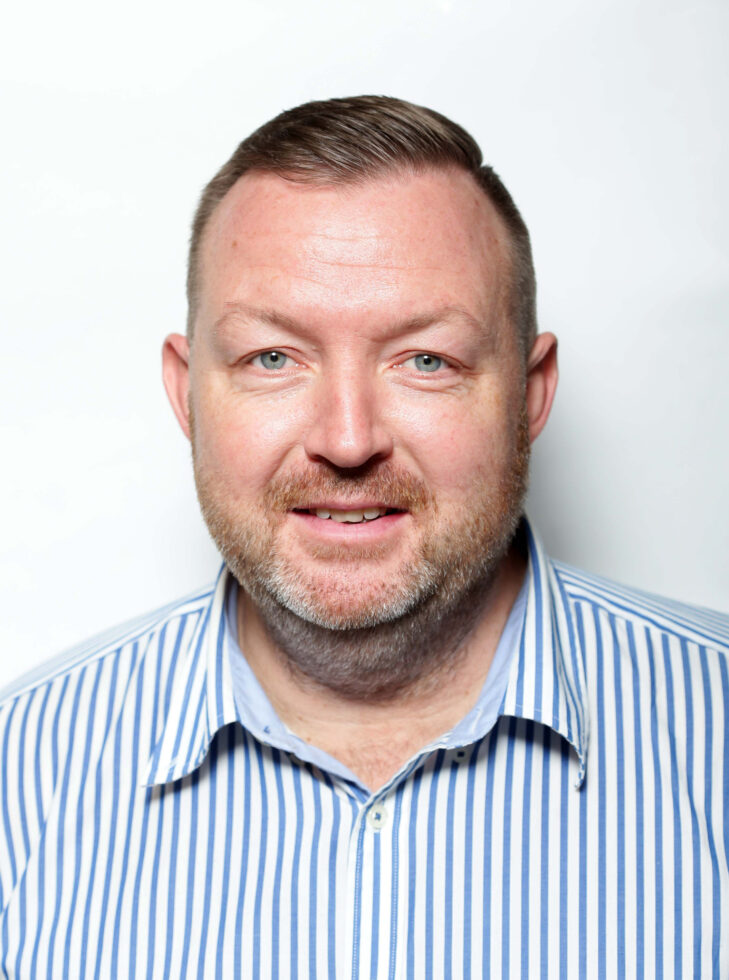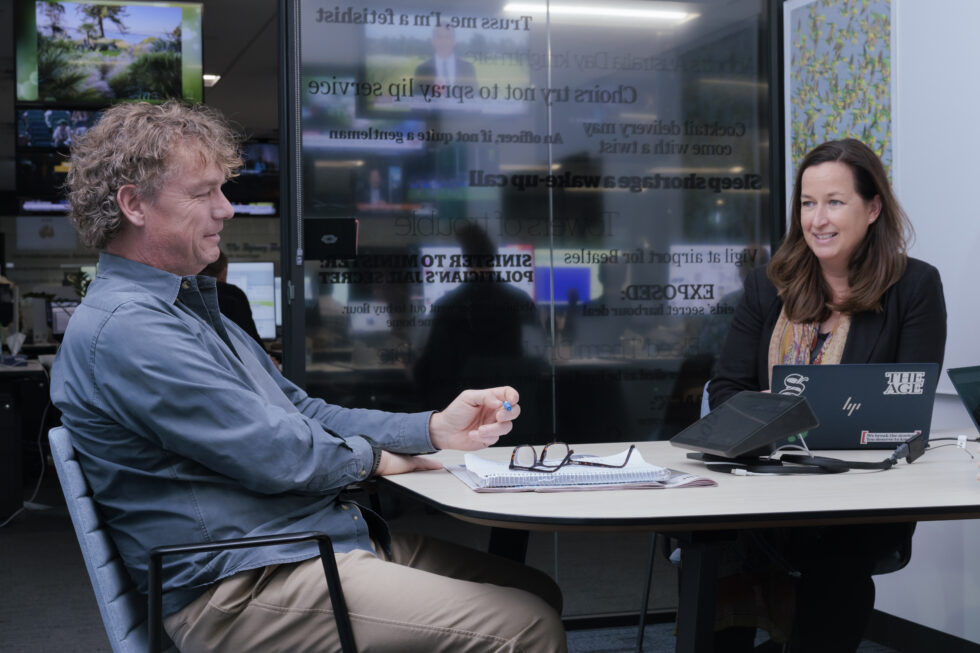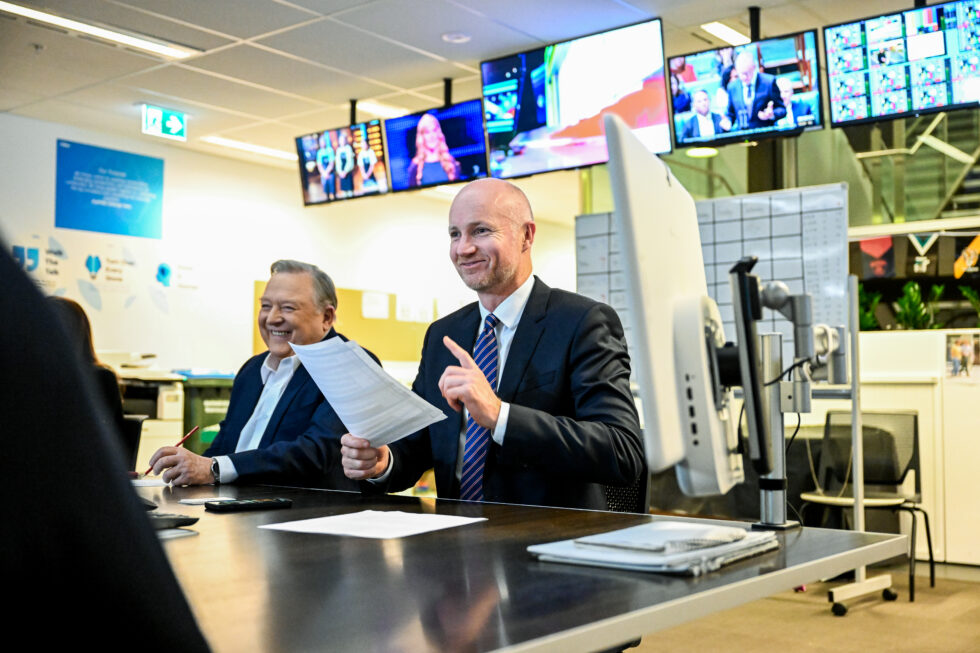Q&A with Sanaz Bassiri, Head of Change & Transformation
Sanaz is a seasoned psychologist with a specialisation in organisational psychology, and her career is a testament to her unwavering dedication to understanding and improving the dynamics of the modern workplace.

Sanaz is a seasoned psychologist with a specialisation in organisational psychology, and her career is a testament to her unwavering dedication to understanding and improving the dynamics of the modern workplace. Sanaz is a part of our Women In Tech initiative at Nine, the below Q&A is from a discussion with Felicity Yan and Sanaz.
Tell us a little bit about yourself and your background!
I am a psychologist with a specialisation in organisational psychology. This has given me the grounding to understand the principles of behavioural change in the workplace and how to improve the work environment through objective analysis and measurement. For me ‘data’ is key! My team has heard me say before that as you come to work remember “phone, wallet, keys, and data!”.
After completing my studies, I worked for a multinational consulting firm in Sydney, focused on leadership development across various industries. And while learning about various industries kept me engaged, I always wondered about the impacts of the solutions we provide to these companies. This led me to transition into in-house roles focused in organisational development which is about strategically implementing people-focused solutions in organisations, such as improving employee engagement, shaping culture, and managing change.
I initially joined Fairfax in 2013 as a consultant to assist with their office modernisation which required a lot of technical upgrades – moving people from desk computers to laptops and helping them adjust to the new Google collaboration tools. After the project I was asked to stay and join the organisational development team and from there I moved into the change and transformation role that I am in now.
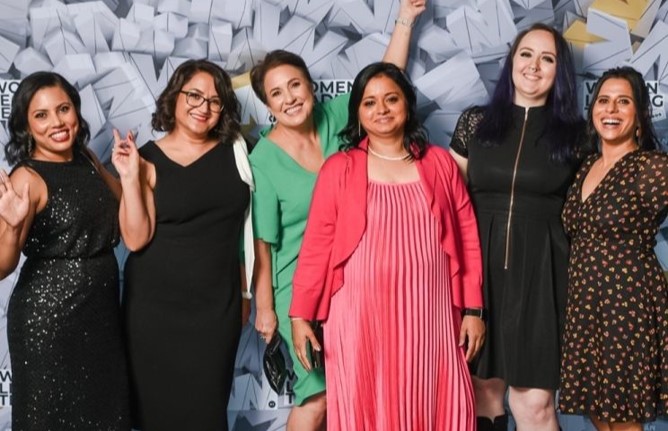
How do you think your background in psychology helps you in your current role?
It’s really equipped me to think about issues more systemically. By that I mean, moving from observing to identifying patterns of data or behaviour overtime to surfacing causal relationships. And in the centre of it all is being able to define and communicate clearly the ‘why’ in anything that we do to help people through their change journey.
What attracted you to a career in technology?
I love the ambiguity which requires a combination of curiosity and creativity. Often I think people can have a perception that technology is quite black and white, but it’s not, it’s completely ambiguous and full of opportunities for problem-solving depending on the context and the people impacted by the technology.
What surprises you the most about working in technology?
The most surprising aspect of working in technology has been the level of cross-functional collaboration required. Infrastructure, cyber, networking, service desks, developers, project managers, and other stakeholders come together like puzzle pieces to deliver a successful outcome. The passion and enthusiasm displayed by individuals working in our tech teams is inspiring, as they are genuinely committed to problem-solving and finding solutions.
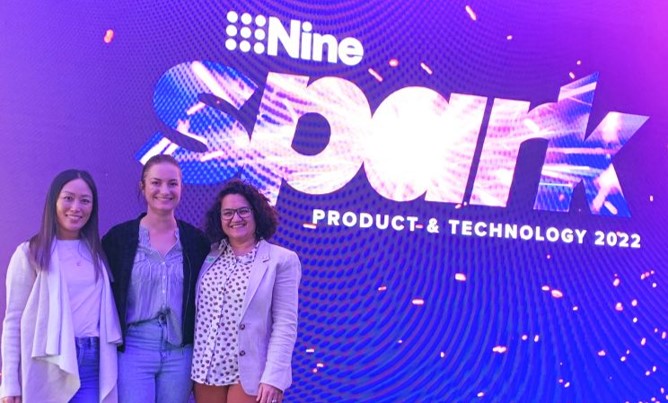
Did you have any reservations when transitioning into a technology role and what helped you overcome these reservations?
Absolutely! My main reservation was related to how I would be perceived in a technology team, given I don’t have a technical background. I had concerns about whether I could make a significant impact without having the same technical know-how as others. But that has not been the case at all.
My perception shifted over time as I realised that my skills are transferable! You still need to establish relationships, foster them, be curious about what we are doing and problem solve the best approach forward with minimal impact to people. Technical expertise isn’t the sole requirement.
What advice would you give to women aspiring to work in tech?
I would encourage you to give it a go and not be held back by your own preconceptions. Often, the doubts we have are perhaps internal self-talk with not much evidence. The experience of working in tech for me has been varied and more positive than I had ever imagined. Being curious, asking questions, seeking clarification will help you overcome any initial reservations.
